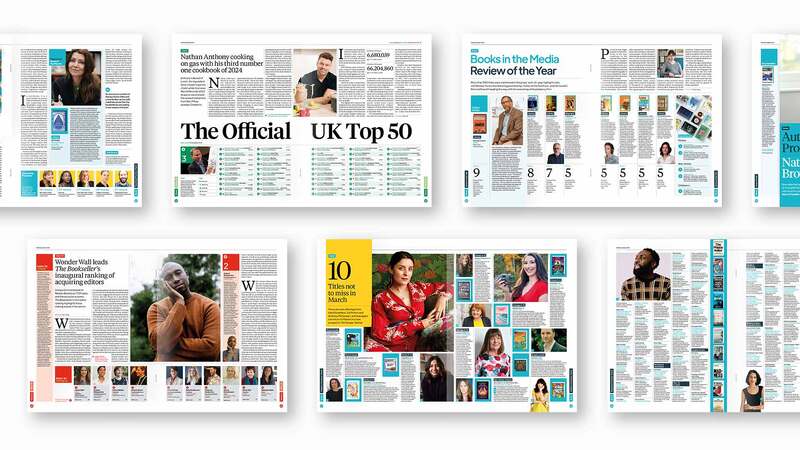You are viewing your 1 free article this month. Login to read more articles.
Creative Industries Federation launches pre-election manifesto
The Creative Industries Federation and Creative England are launching a www.creativeindustriesfederation.com/publications/creative-industries-manifesto">manifesto which demands a £1bn investment bank, the maintenance or matching of funding from EU programmes, watertight IP agreements to sustain creative industries, and business rate cuts for creative spaces including bookshops.
The 10-point plan, which will be handed to all political parties today (29th October) in anticipation of a general election, asks any future government to tackle regional funding inequality, avoid skills shortages and continue global competitiveness post-Brexit.
The manifesto reads: “Despite their great successes, our creative industries are often under-capitalised, suffer from skills shortages that impede growth, and are hampered by a lack of diversity and unequal access to the opportunities that organisations and individuals need to reach their full potential. While talent and creativity can be found everywhere, access to the money, markets and networks needed to succeed cannot. The result is lost opportunities for individuals and communities as well as a cost to the national economy.”
The bodies are asking that support for creative businesses becomes equalised through the creation of a sector and region-specific investment bank, and for any future government to conduct analysis into and subsequently match or maintain industry investment from funding programmes such as Creative Europe and European Regional Development Funds.
The report also demands a cut to business rates for creative spaces including bookshops and publishers or by handing back taxation powers to local authorities and increasing national and local investment in the arts.
The manifesto asks the government to include robust IP and copyright provisions as part of any Brexit trade negotiations, to create a “freelance visa” to lure international talent to the UK, and investment to help businesses meet the UN’s sustainable development goals.
To tackle a skills shortage, the manifesto asks for the creation of a freelance and self-employed commissioner to address issues such as late payments, and providing resources to increase creative education inside and out of the classroom. The bodies also ask for funding to extend their Creative Careers Programme which aims to help school students find routes into creative jobs and reform the apprentice levy to help SMEs attract and train a more diverse pool of talent.
Creative England founder and c.e.o. Caroline Norbury said: “While talented creative people can be found everywhere, the opportunities they need to succeed simply cannot. This patchy and unequal support comes at a damaging cost to our economy, and the impact of this can be felt right across the UK. Investment into our creative and cultural industries generates crucial economic, reputational and social benefits as well as opportunities for growth and prosperity across every region.
"Our creative industries are succeeding not just nationally, but on the international stage. In the coming months, and at a time where it is arguably more vital than ever, our political parties have the opportunity to ensure that our creative industries continue to go from strength to strength.”
Creative Industries Federation c.e.o. Alan Bishop said: “It would be tremendously short-sighted of our political parties to fail to recognise the remarkable potential they could unleash by supporting the creative industries. The UK’s creative industries are one of our greatest success stories, growing at twice the rate of our wider economy and expecting to add one million more jobs by 2030.
"But beyond these economic benefits, it is the work of the creative industries that enables us to tell stories about who we are, to understand one another, and to build, nurture and sustain our communities. Ultimately, the sector enables individuals to lead lives that are happier, healthier, more sociable, and enriched through access to culture and creativity. To fail to act for the creative sector is to fail to act in the interest of the UK as a whole.”
"Hundreds" of UK creatives, including publishers, were asked to contribute to the manifesto, which builds on the £150m creative services sector deal agreed with the Government in 2018, which has so far funded the Creative Industries Federation’s Creative Careers Programme among other initiatives.














